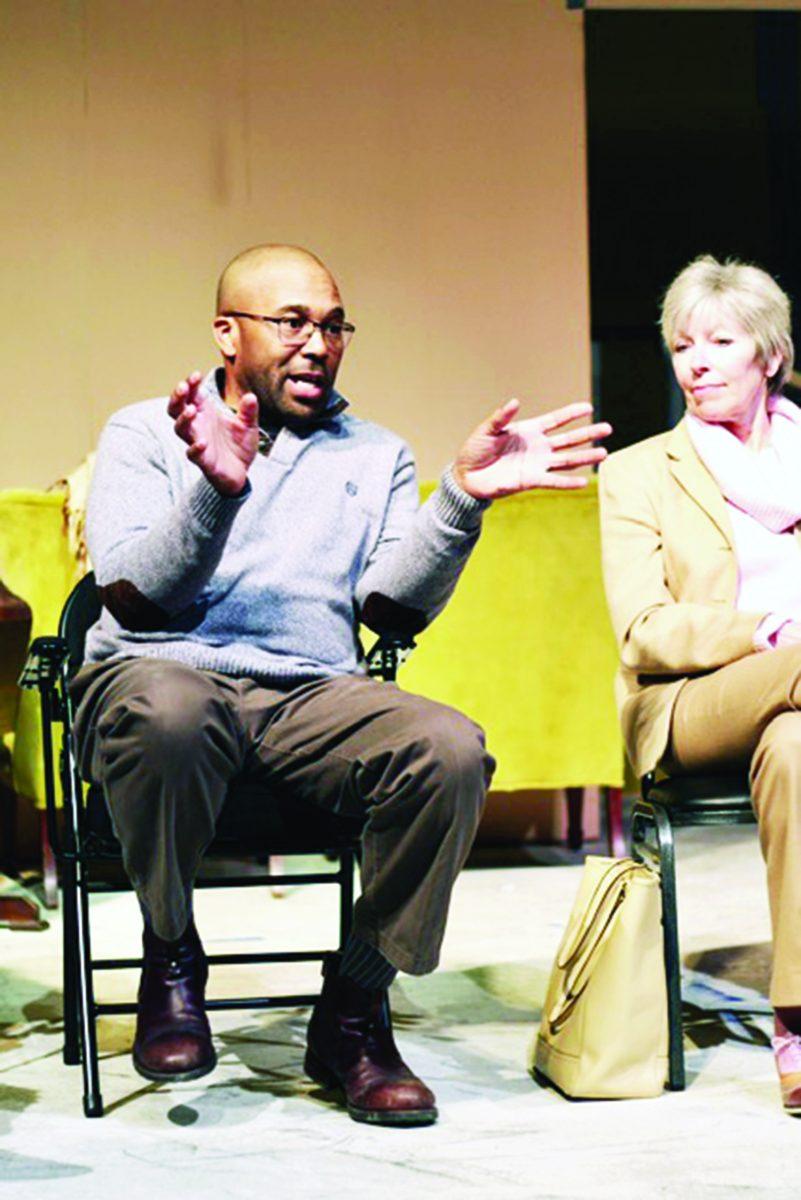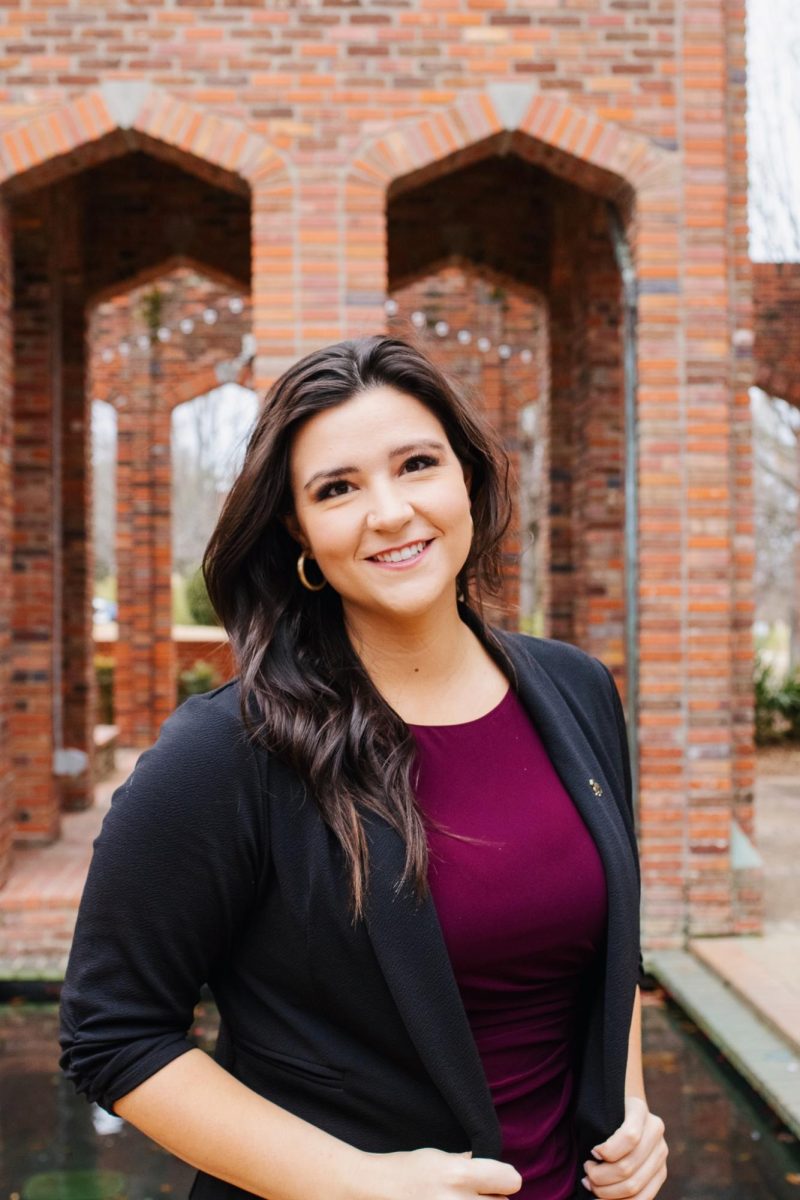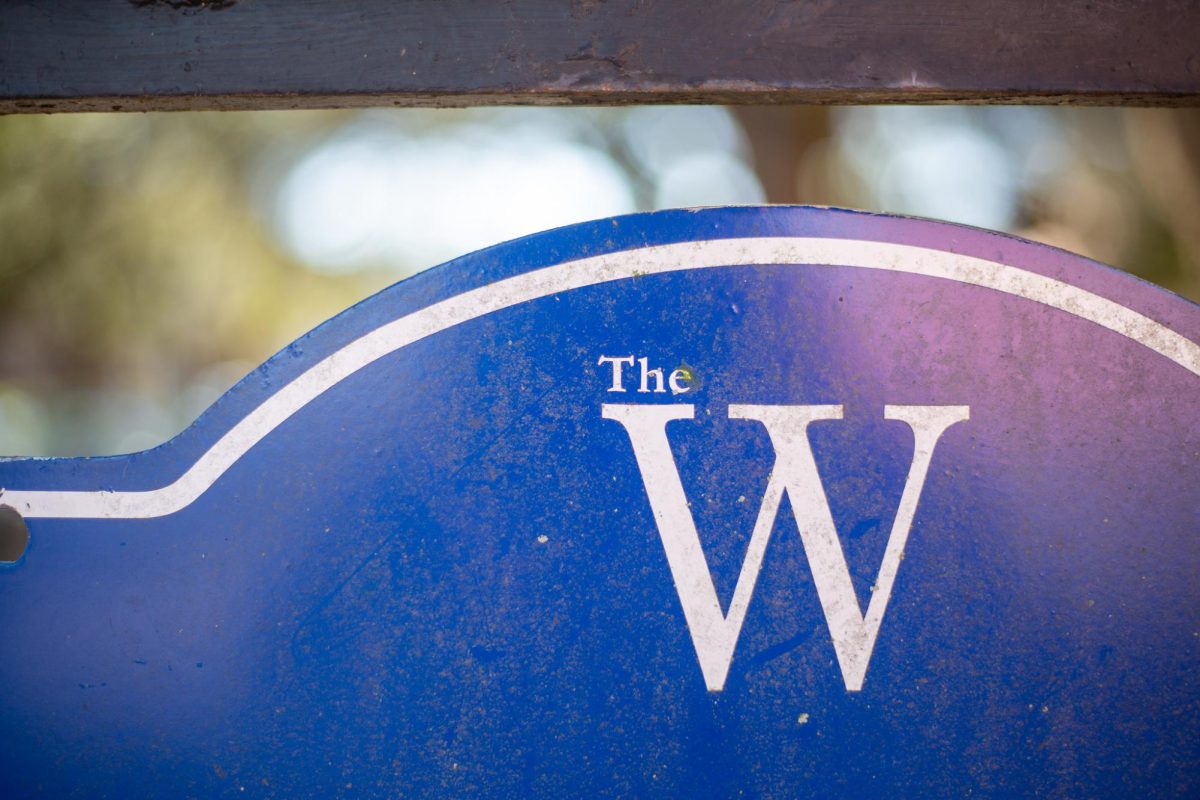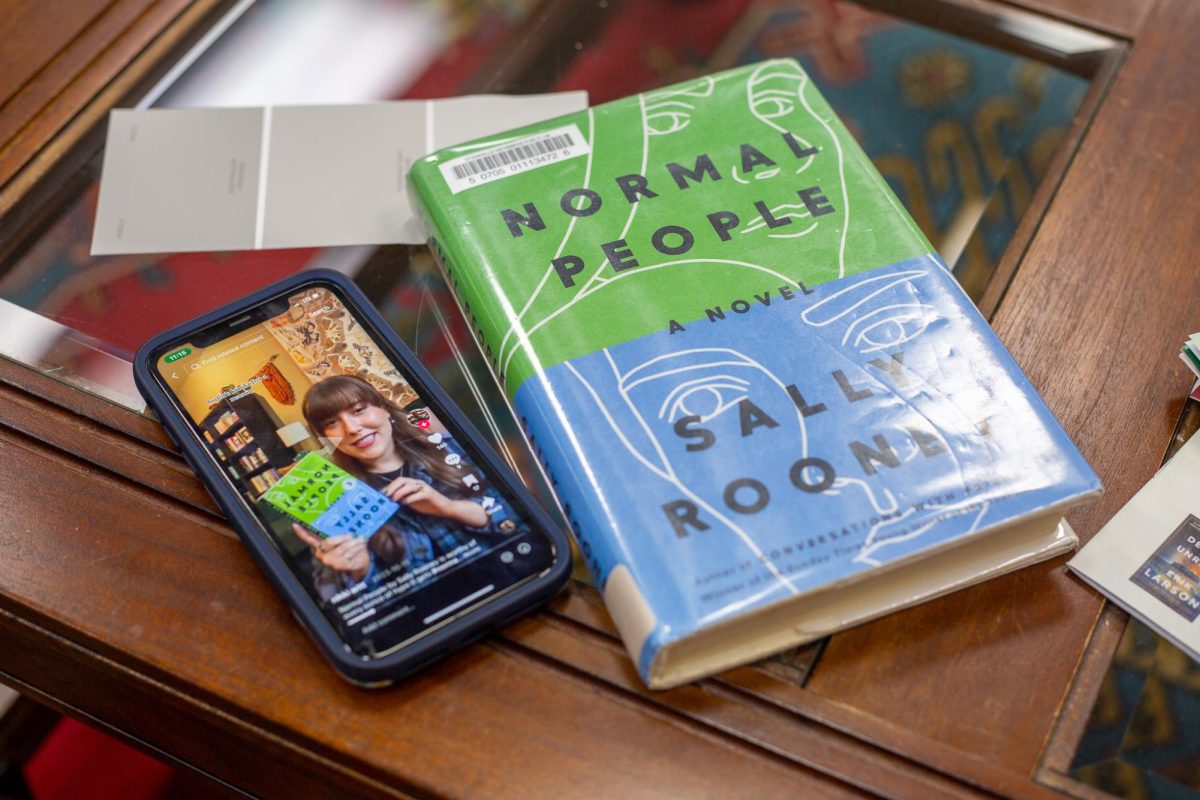The Mississippi Arts Commission held an informational meeting on grant opportunities for Mississippi artists and performers Friday evening at the Starkville Community Theatre. Following the meeting, a panel of people discussed the importance of art as a community affair.
Obtaining funding for the arts is often a hard-fought battle, yet the Mississippi Arts Commission (MAC) has been offering support for 50 years. The opportunities occur on both individual and organizational levels. Individual grants include apprenticeships, fellowship programs and accreditation via the Mississippi artist roster. Organizational opportunities include minigrants, project grants and operating grants among others. Deadlines for minigrants are July 1 and Nov. 1. The deadline for all other grant opportunities is March 1.
Melody Thortis, arts-based community development director for MAC, encouraged all eligible artists to apply, but also to consider opportunities offered beyond grants.
“I also hope people know that we do more than grants, we do programs with all types of communities and schools,” Thortis said. “We also hold a conference every year where people can learn from one another. There are a lot more opportunities in addition to grants.”
MAC’s website claims itself as a “core and essential function of government.” This sentiment was echoed during the panel discussion Friday.
The panel included Executive Director of MAC Malcolm White, Oktibbeha County Board of Supervisors President Orlando Trainer, Starkville Mayor Lynn Spruill and Starkville Community Theatre Chief Administrative Officer Gabe Smith. The discussion was moderated by John Bateman, Executive Director of the Starkville Area Arts Council.
The panel began by discussing a core foundation of MAC: the importance of the arts.
“Art enhances community life in such a way that we would be lesser without it,” Spruill said.” The more art we can bring to Starkville’s community, whether it is fine art or performing art, it makes life worth living.”
Starkville’s mayor continued, saying she considers variety within art culture key to arts thriving within the community.
“I am so pleased that we have venues like Dave’s and Rick’s for younger crowds who may not feel drawn to the symphony,” she said. “The well-rounded opportunities are so important, and art can make everyone feel a part of the community.”
White said art has emerged from Mississippi’s story, and because art pushes, it makes its story the most powerful weapon.
“When communities agree on their story, push that story forward and tell it in unison, (in turn), economic development flourishes,” White said.
Trainer spoke about the importance of allocating appropriate resources to the arts.
“I think that if we would look at arts as an investment rather than an expense, it would really change the dynamic of our communities that are beyond the city limits,” Trainer said.
He continued by saying he believes the arts, to the same degree as infrastructure, are important to improve rural communities.
“We are trying to invest in things that can make a long-standing impact,” Trainer said. “Arts activities can enhance the quality of life. We have to give youth an outlet for activity.”
Allison Julien, alum and biochemistry graduate student at MSU, is a local visual artist who attended the event. Julien stated the concrete support from state government is important.
“A lot of these jobs are underfunded, and it’s hard to get funding for public art,” Julien said. “It is a great way for artists to make their own way and still work in the disciplines they choose. It is also wonderful to have a government institution to back that type of funding.”
Mississippi Arts Commission talks grant opportunities
Mary Madeline LaMastus | The Reflector
Oktibbeha County Board of Supervisors President Orlando Trainer discusses the arts within the community at the Starkville Community Theatre.
Donate to The Reflector
Your donation will support the student journalists of Mississippi State University. Your contribution will allow us to purchase equipment and cover our annual website hosting costs.
























































































